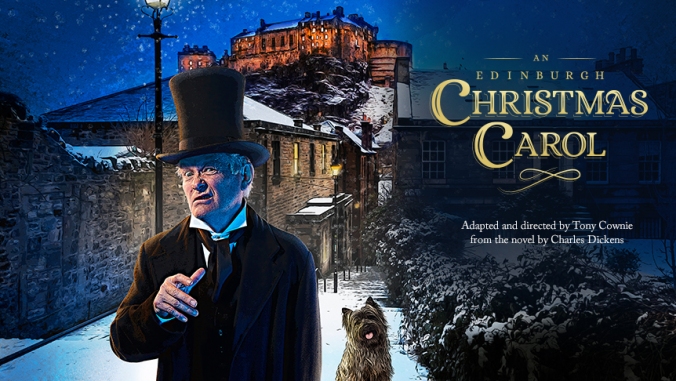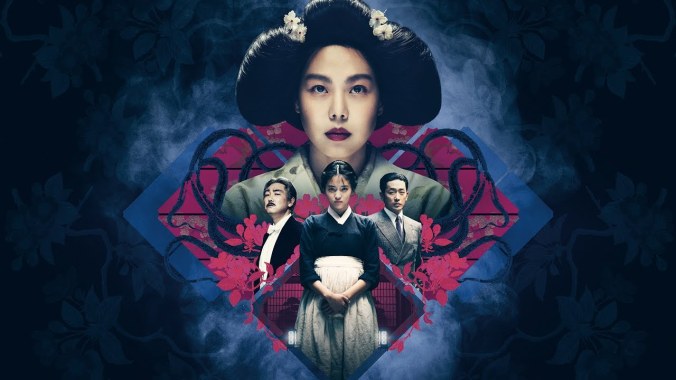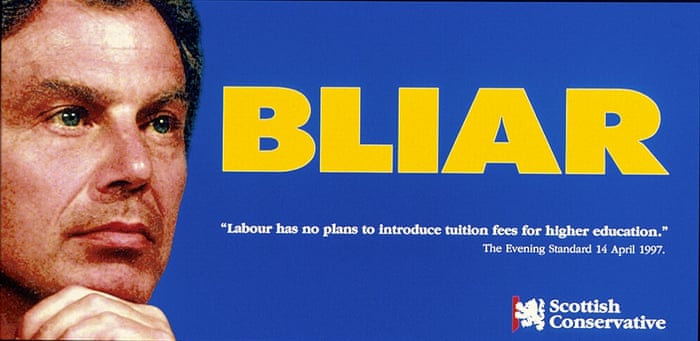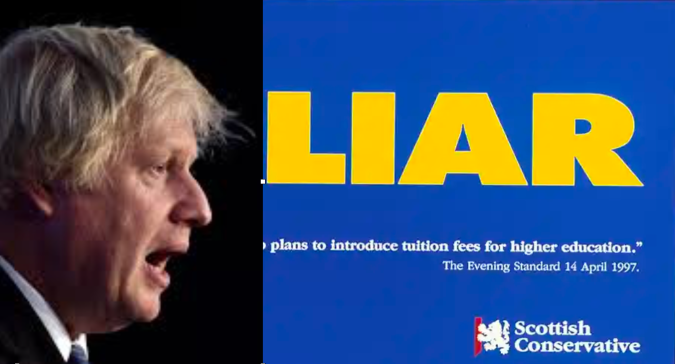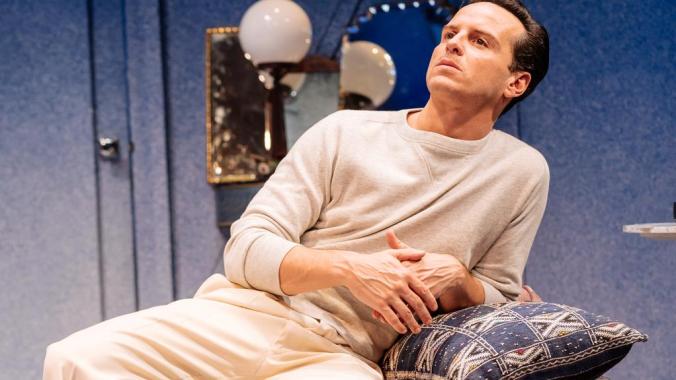
I won’t dwell too long on this because it isn’t easy to see, although I think an ‘Encore’ screening is happening again in Edinburgh, in December. if it is You MUST go see it.
We saw an NT Live screening of it in Leith on Thursday, and it is fantastic.
Although it’s described as an ensemble cast this is one thing above all others, Andrew Scott. (You know, the sexy, sorry girls he’s gay, priest from Fleagbag?) He is screamingly, achingly, outrageously funny in a performance that must shed a few pounds in weight each night. He must have slept well on matinee days.
It’s a simply miraculous performance with so many nuances that you simply sit mouth agape at times. The laughter, by now, being too painful. This must be in line for theatre prizes galore.
Noël Coward’s writing seems incredibly of now, and yet the play was written in 1939. It’s aided by the gender-swapping of Helen and Joe Lyppiatt, so that Garry Essendine’s central character becomes bisexual (homosexual really) and it’s this confusion over his sexuality that makes it far more contemporary than it might have been. Indeed In the 1970s the director Peter Hall wrote, “what a wonderful play it would be if – as Coward must have wanted – all those love affairs were about homosexuals”.
Director Matthew Warchus has to take the credit for manifesting the legendary Hall’s vision and for pulling off a series of performances that, despite being wonderfully OTT, fully engage the audience. In particular the thunderously rousing assault that is Daphne Stillingon (by Kitty Archer) is simply breathtaking. In no other circumstances would she remotely have got away with it.
Every moment of overacting (that clearly Garry is guilty of on the stage) has a knock on effect on the rest of the cast (when a butterfly flaps its wings in the Amazonian jungle, a storm subsequently ravages half of Europe).
Most notably Garry’s secretary Monica Reed (Sophie Thomson) is simply hilarious and Suzie Toase as Helen (should be Henry) Lyppiatt.
The one calming influence in all this is Garry”s estranged wife, Liz (a beautiful study in arch wit by Indira Varma).
Amidst all this hilarity it’s clear that, hidden by the bravado, Garry is a bundle of self doubt. Indeed his surname, Essendine, is an anagram of “neediness”. I don’t think that’s a coincidence.
A tremendous and exhausting tour de force that deserves all the five star reviews it mustered in the summer. See it if you can.
